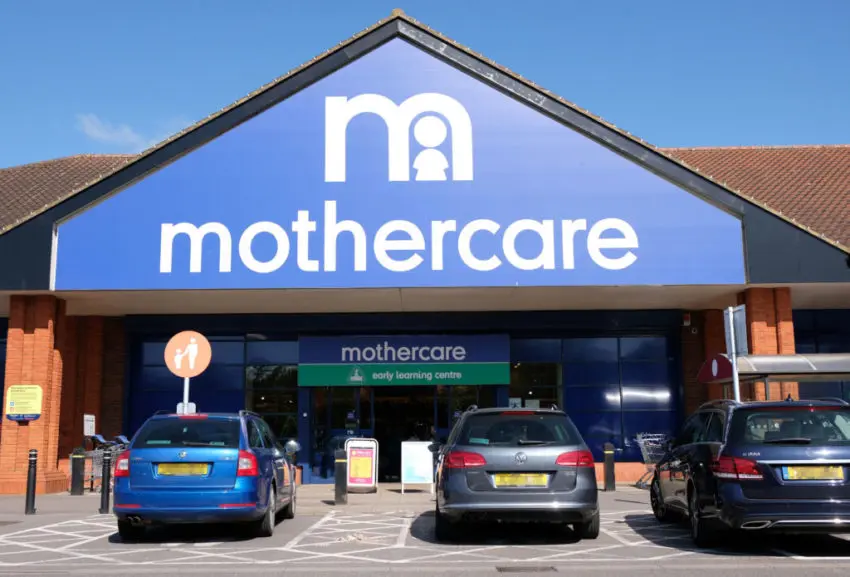Mothercare and Links of London will disappear from UK high streets this week as 94 stores close their doors for good, resulting in 3,150 job losses.
All 79 Mothercare shops and 15 Links of London will have shut by Sunday night, after both companies collapsed into administration before Christmas.
The latest wave of closures, with 2,800 jobs lost at Mothercare and 350 at Links, comes after a tough festive period for high street retailers when subdued spending combined with the shift to online.
Three HMV stores are also closing this month – Bury St Edmunds, Nuneaton and Fopp in Glasgow’s Byres Road – while a further 10 stores are likely to be axed if new deals with landlords are not secured, the music specialist has confirmed. The company is also relocating in Lincoln and Plymouth, with new stores opening in both cities at the start of February.
Further closures are expected this year as the futures of the fashion chain Bonmarché, department store group Beales and camera retailer Jessops hang in the balance.
Beales, which has 22 outlets, said before Christmas it had appointed the advisory firm KPMG to look at money-raising options, including a sale. It is widely expected to have to restructure as investors are not keen to enter the troubled department store market in the UK.
This weekend will also include the shuttering of the first six closures of the 19 Debenhams’ stores closing this month, which will result in 660 jobs losses over the next two weeks. Debenhams is undergoing a rescue restructure that could result in 50 stores closing by the end of 2021.
Department stores are suffering under the burden of large expensive properties with long leases, which are difficult to adapt to swiftly changing times. Their traditional selling point as the home of multiple brands has also been challenged by the ease of buying and comparing such goods online.
Debenhams is caught in the middle of a market increasingly dividing between discounters, such as Primark, and more deluxe players such as Joules, White Stuff or designer labels.
Greg Lawless, a retail analyst at the stockbroker Shore Capital, said: “There is a seismic structural shift going on in the industry. The market is polarising and those that are caught in the middle need to fundamentally transform their businesses to survive in the 2020s.”
He predicts more store closures as mid-market retailers deal with the legacy of large expensive stores and further cost increases, particularly the rise in the legal minimum wage planned for April.
House of Fraser is expected to close more stores this year including Grimsby and Milton Keynes, and the department store’s Wolverhampton outlet is scheduled to relocate. The group has already closed seven of the original 59 outlets taken on by Mike Ashley’s Sports Direct group in August 2018.
Most retailers will report their Christmas trading figures over the next few weeks but the evidence so far is that it was tough for grocers and other retailers on the high street.
Next said last week that a chilly November bolstered sales of coats and knitwear, helping it achieve sales growth well ahead of forecasts. But the high street bellwether’s performance was heavily reliant on its slick online business, which now sells numerous other brands alongside Next items.


